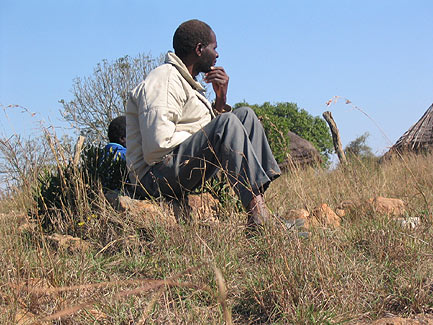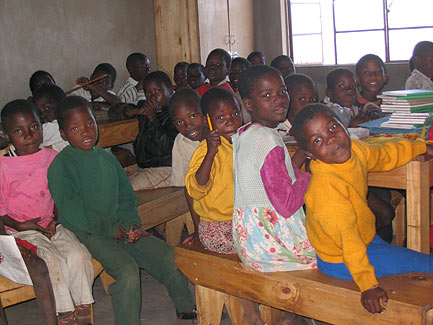The Shewula community is a friendly agricultural people, with traditional thatch and stone houses dotted neatly among fields of maize cotton and vegetables. They encourage visitors to their area to enjoy the incredible view, gain an insight into traditional Swazi lifestyles and appreciate the natural splendor of the Lubombo conservancy.
In the community, there still survives the “ubuntu” tradition, based on the solidarity and that all the people are equal. In the “ubuntu” tradition, you are a person only with and through other people. In the community all the families have access to the land and to other natural resources and this free access is still a good weapon against poverty.
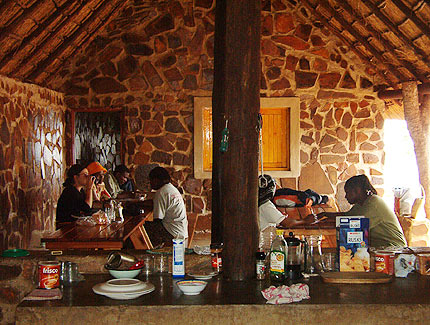
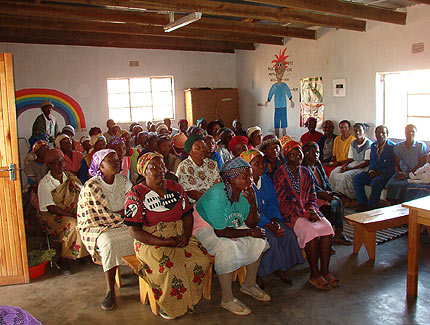
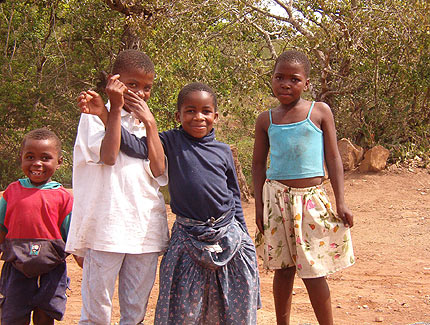
But the community now has to face the terrible emergency of not only HIV/AIDS but the COVID pandemic threatening its future: since 1999 there are several projects in the community aimed to assist the vulnerable families. All the projects are part of a wider community based natural resources programme, aimed at securing sustainable development for the entire community and at alleviating poverty for the most vulnerable segment of her population, especially orphans, widows and elderly people.
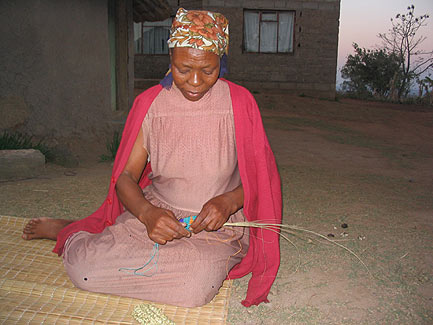
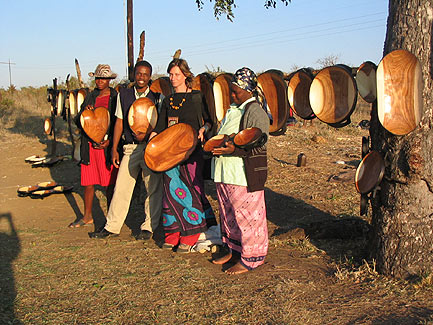
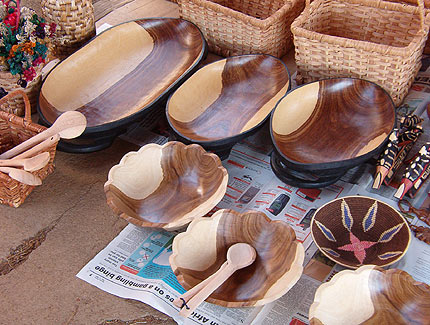
The eco-cultural tourism programme (Shewula Mountain Camp) is the central component of the CBNRM, the other sub-programmes are:
- Wildlife and protected areas programme: establishment and protection of the Shewula nature reserve and other resources in the community including wetlands.
- Forestry programme: development of the nursery for indigenous plants( to be used in the community reforestation, firewood plantations, springs and soil protection)
- Water programme: maintenance and protection of springs and wells.
- Soil programme: restoration of degraded soils and sustainable agriculture programme.
- Orphans care programme: development of a community based system of social welfare for the orphans and vulnerable children and their care-takers(mostly widows and elderly people). Thanks to the tourism in the community a lot of children have and are still taken care of through a sponsorship programme.

